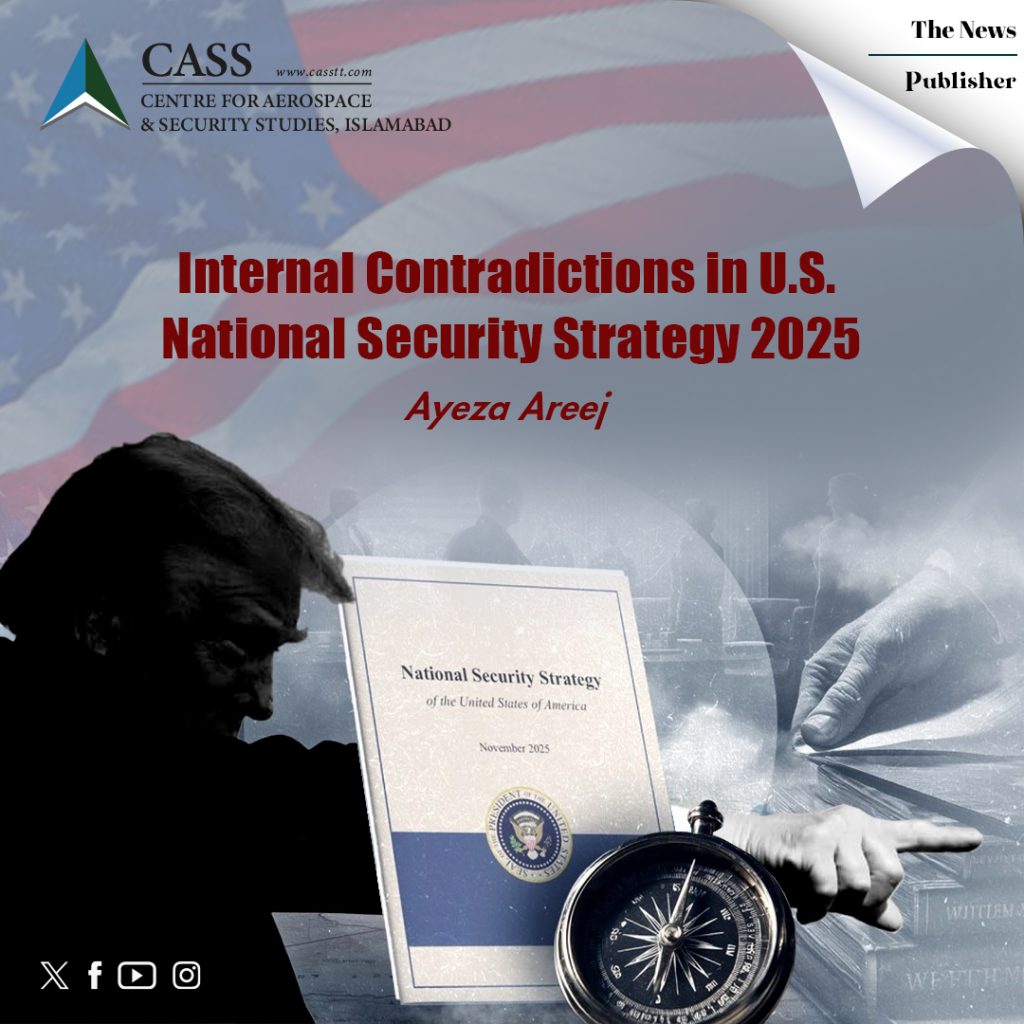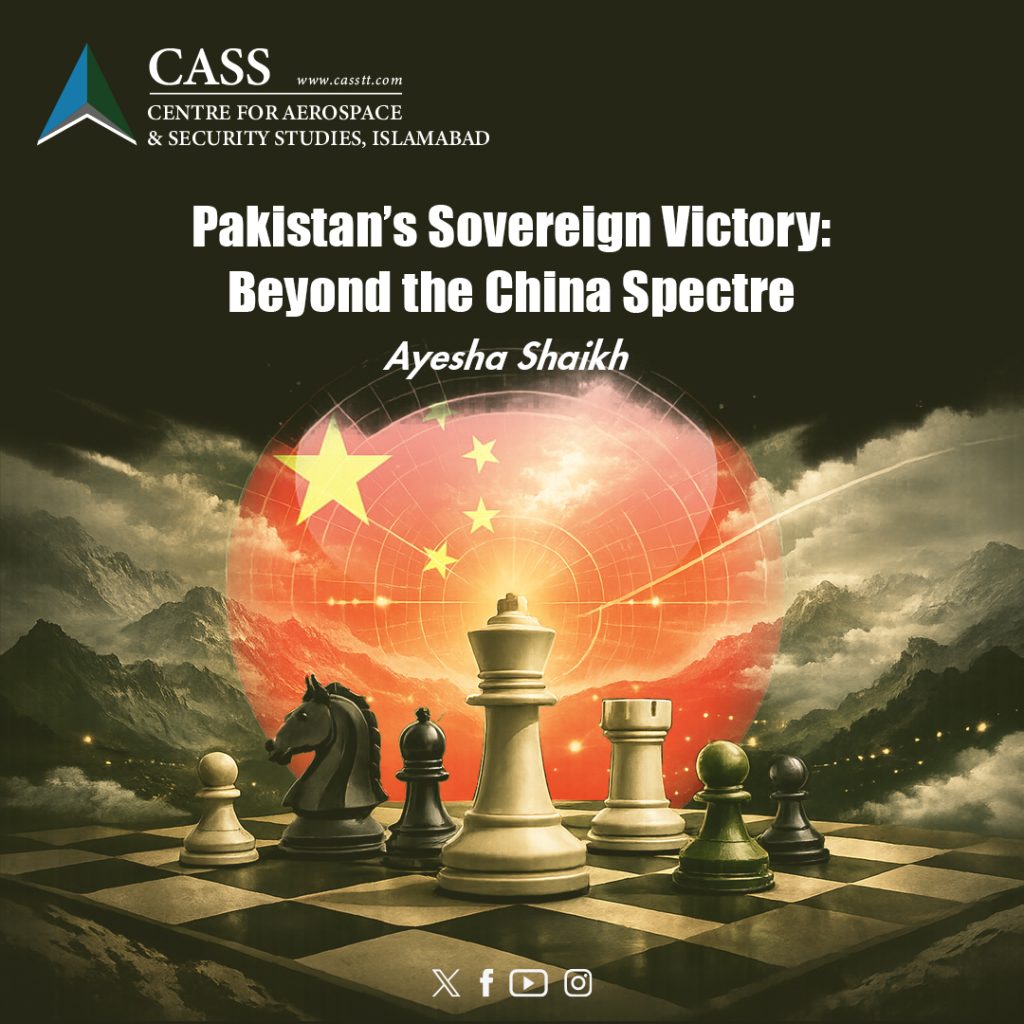The United Arab Emirates (UAE) is all geared up to join the exclusive Mars club as the first Arab mission to Mars awaits its launch within a few days. After transforming desert sands into glamourous cities, the UAE leadership is all set to explore the space frontier. The ongoing pandemic could not restrain the Emirates from pursuing its space ambitions.
The Emirate Mission Mars (EMM), will ferry a probe, Al-Amal (meaning Hope) on a seven-month journey to Mars. The spacecraft is expected to reach Mars’ orbit by the end of February next year, overlapping with the 50th anniversary of the Emirates’ establishment.
The probe will orbit the planet and yield a comprehensive analysis of its atmospheric dynamics and the climate patterns over one complete Martian year (equivalent to 687 Earth days). Over time, Mars has undergone some form of geographic changes characterized by the disappearance of oxygen and hydrogen from the planet making it impossible for water to endure on its surface. The scientific community is keen to evaluate the underlying reasons for this change. The mission will contribute to this ongoing study.
The EMM forms part of UAE’s larger national space program. Three of UAE’s satellites continue to orbit the earth while Emirati astronaut, Hazzaa Al-Mansoori, docked with the International Space Station (ISS) last year. Furthermore, the Emirates has also chalked out a plan to develop an inhabitable city on Mars by 2117.
The initiative is a combined effort of an international consortium. Mohammed Bin Rashid Space Center (MBRSC) in Dubai, has partnered itself with the University of Colorado, Arizona State University, and the Space Sciences Laboratory, to materialize this initiative.
UAE does not have a launch pad and the spacecraft was shipped to Japan in April. It was moved three weeks ahead of schedule, considering the increasing travel restrictions being imposed to combat the spread of COVID-19. The robotic craft is due to lift off from a remote Japanese island, Tanegashima, during a narrow launch window on 15 July.
The event is a vivid reflection of a notable change in the space industry; the old cartel of space exploration, once dominated by the superpowers is no longer intact as new entrants are setting their mark on space.
Over the last 60 years, only six countries have sent their spacecraft to the Red planet. Moreover, two other missions are heading for Mars this summer, including NASA’s Mars Perseverance Rover, and China’s Tianwen-1, which will set off next month. The EMM appears to be the most intriguing one noting the infancy of UAE’s space program.
The push behind the EMM differs from the traditional calls for space exploration. UAE has clearly mentioned that the mission is not designed for scientific advancement solely but is part of UAE’s broader national objectives. Omran Sharaf, Project Lead for the EMM stated, “Reaching Mars is not the main objective here—this is about strengthening our economy by making it more innovative, creative and competitive,”. He further added, “It’s about the post-oil economy.”
UAE, one of the wealthiest countries on the basis of GDP per capita, producing around 2.9 million barrels of oil per day, is now eyeing to move beyond the petroleum and petrochemical industry to diversify its economy. Consequently, several initiatives have been launched to strengthen the scientific and technological capabilities to push the younger generation to follow future careers in science and technology.
The mission’s outreach and engagement programs are noticeably changing perceptions about the attractiveness of science careers and have catalyzed new degree programs at five UAE universities. It has also led to the development of a UAE ‘Research Experience for Undergraduates’ programs, which has so far seen young engineers and scientists take part in 15 international research placements with reputable space scientists.
Apart from the evident incentives, missions such as the EMM play their part in rekindling a sense of cultural pride which can spur the youth to devote their efforts to the national cause.
Back in 2014 when the mission was announced, neither a space agency nor a designation for the minister of science existed in the Emirates. Interestingly, in a matter of days a fairly young state, with a small population of 9.6 million will launch its mission to Mars.
The mission suggests that space is becoming more accessible for those who have capital resources. The evolving dynamics of the space industry have unleashed opportunities for wealthy states to extend their ingress in space at a brisk pace.
Last month SpaceX successfully launched two astronauts from US soil. At a time when SpaceX, Blue Origin, Virgin Galactic, and Boeing are making inroads to privatizing space exploration, various states are also inclined to make their mark on space.
There are several other states in the Middle East who have the financial resources to strengthen their space capabilities. Mindful of the strained dynamics of the region, the mission has the potential to rekindle a space race between the regional actors. Iran launched its first military satellite in April 2020, whereas Saudi Arabia is also reinforcing its space capabilities. Given the emerging competition in space exploration, it is evident that space will play a crucial role in the security dynamics of the region.
Noting that 50% of the missions to Mars end up in failure, it is yet to be seen whether the mission succeeds or not. Either way, the initiative is a big leap forward.
~Shaza Arif is a Researcher at the Centre for Aerospace and Security Studies (CASS). This article was first published in Khaleej Magazine. She can be reached at [email protected]





